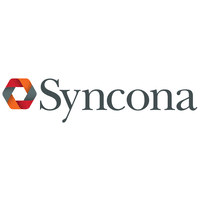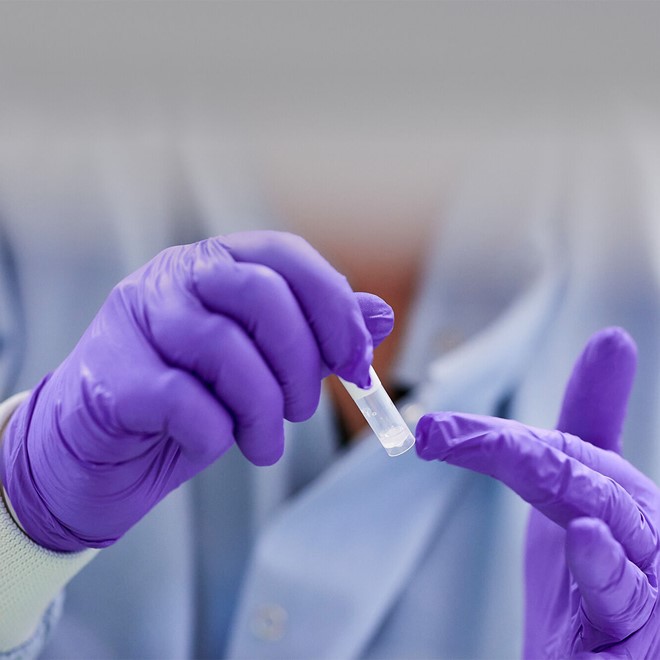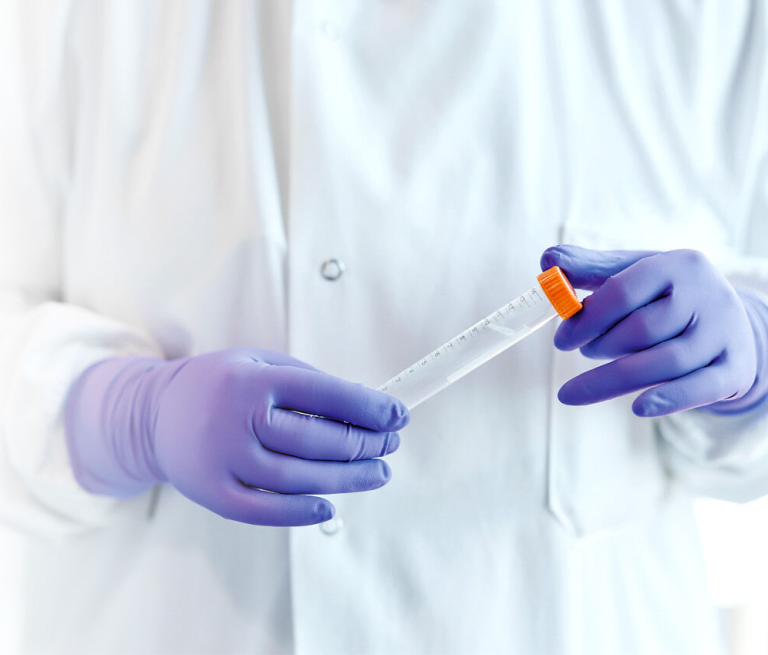Syncona Ltd (LON:SYNC) announced the foundation of Quell Therapeutics (Quell), a new cell therapy company, with a £35 million commitment in a Series A financing of which Syncona has committed £34.0 million with a further £1.0 million being contributed by UCL Technology Fund. Syncona will have a 69.3 per cent stake1 in the business, with the first tranche of the Series A commitment of £8.3m paid in March 2019.
Quell has been established with the aim of developing engineered T regulatory (Treg) cell therapies. Tregs are a subset of T cells with the potential to downregulate the immune system. Quell will seek to utilise the power of Treg cells to advance therapies for the management and treatment of a range of conditions such as solid organ transplant rejection, autoimmune and inflammatory diseases.
Syncona has significant domain expertise in the T-cell field, identifying Treg cells as an area of high interest in late 2017 and seeking to found a company with the potential to be a global leader in this emerging area. As part of the process, Syncona identified key opinion leaders and unified them behind a common goal of building a company to treat conditions of immune dysfunction utilising gene-modified cells. As a result, Quell has been founded in partnership with six leading experts in the Treg field, cell engineering, solid organ transplantation and autoimmune diseases from King’s College London, UCL, and Hannover Medical School.
The £35 million financing will allow the company to initiate the development of its first programme. The Syncona team will work closely with Quell as it builds out its operations and management team. Syncona Chief Executive, Martin Murphy, has been appointed Chairman, whilst Elisa Petris and Freddie Dear, Syncona Partners, will be Director and Observer on the Board, respectively.
Elisa Petris, Partner of Syncona Investment Management Limited, said: “The foundation of Quell represents an exciting opportunity for Syncona to build the leading cell engineering company with the potential to develop a first-in-class therapy in an innovative field. Over the last year, we have worked to bring together a group of world-class leaders in their respective fields, developed a strategy for the business and funded the business to enable it to scale and succeed. We look forward to continuing to work in close partnership with them as we build out the company’s management team and business plan to deliver their goal of becoming the leader in treating conditions of immune dysfunction utilising gene-modified cells.”
Martin Murphy, Chief Executive of Syncona Investment Management Limited, said: “Quell is the tenth life science company to be founded by Syncona and clearly demonstrates our proactive model in areas of deep domain expertise. We identified an innovative area of science with the potential to deliver dramatic impact for patients and worked to build a company around it. It is an exciting addition to our cell therapy platform, where we are strategically and uniquely positioned with expertise across a range of modalities.”
Professor Alberto Sanchez-Fueyo of Kings College London, Founding Partner, said: “We are delighted to partner with Syncona to found Quell and are excited to work with the team to develop the next generation of engineered Treg cell therapies. The founder team has a unique cross-section of expertise, built over decades of scientific research and we believe there is a significant opportunity to develop novel therapies for the treatment of solid organ transplant and autoimmune conditions. We share Syncona’s vision to bring products to patients in areas of high unmet medical need and are looking forward to the journey ahead.”
Hans Stauss, Professor of Tumour Immunology and Director of the Institute of Immunity and Transplantation at UCL, said: “Quell brings together the expertise in clinical trials, regulatory T cell biology and gene engineering at UCL, King’s College London and Hannover Medical School. It is exciting to have the backing of Syncona to develop a new class of living medicine to avoid transplant rejection and treat autoimmune diseases.”







































